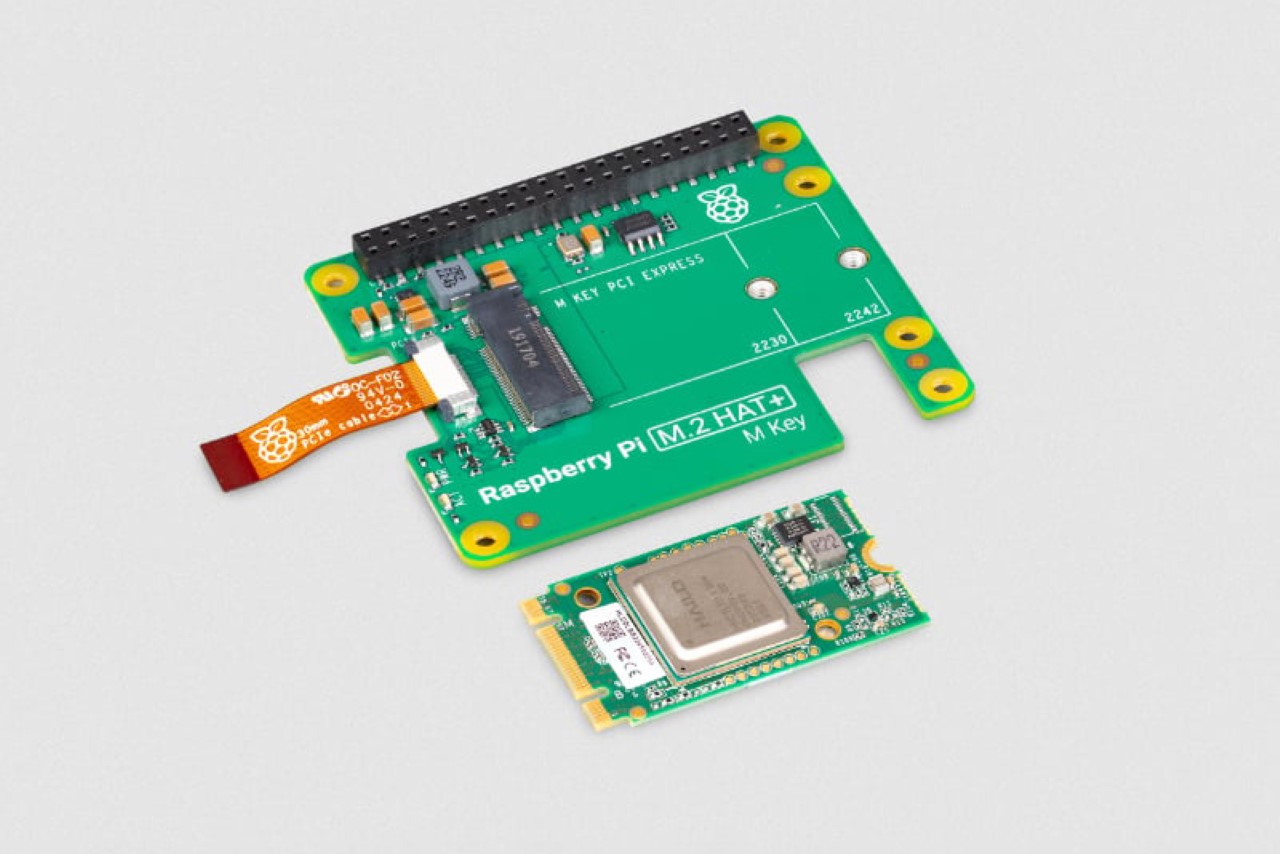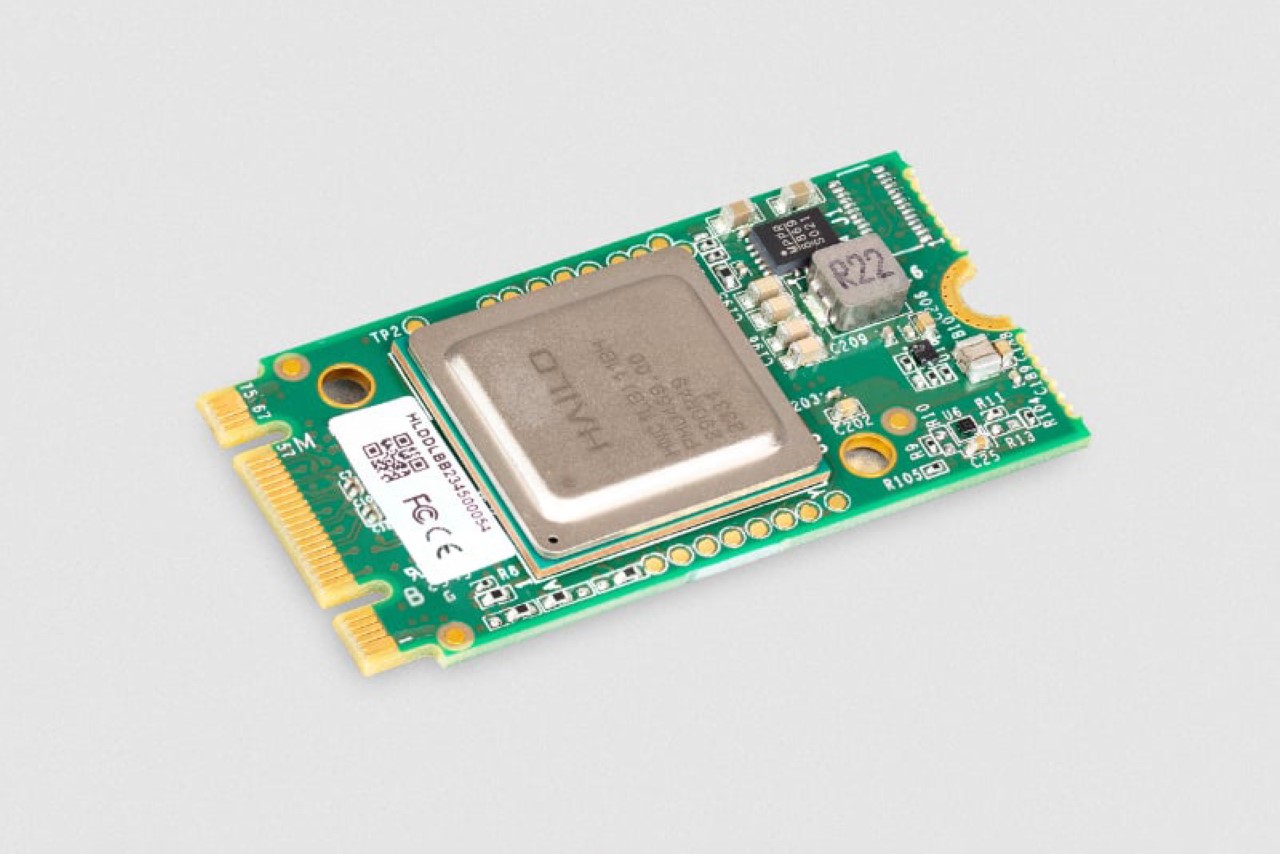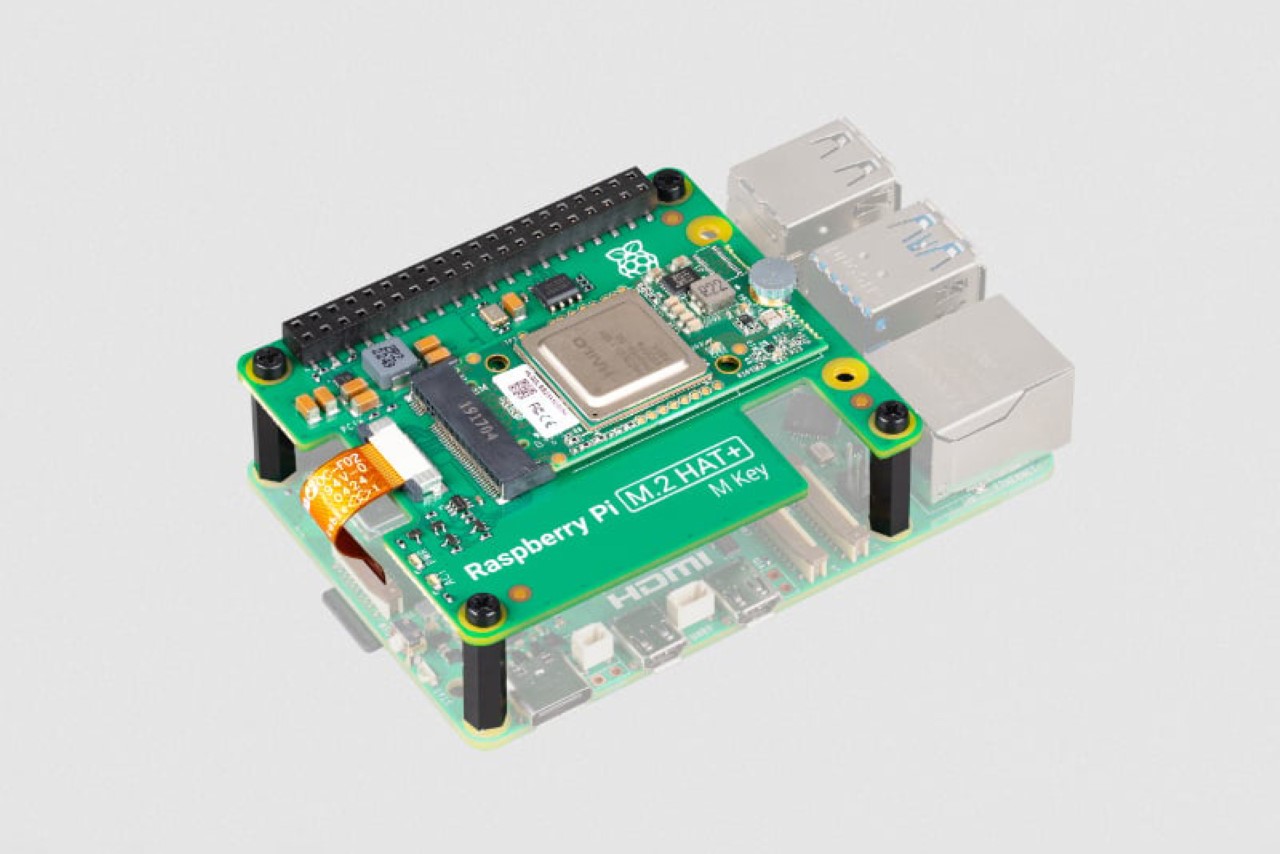A rising tide lifts all boats, they say… and it seems like the AI tide is finally coming to help smaller creators harness the power of new technologies. The Raspberry Pi Foundation just unveiled their latest AI Kit that works with the Pi 5, bringing AI capabilities to hundreds of thousands of creators using the tiny computers to build their own hobby projects or even retail products. The versatile single-board computer has seen seismic growth since it was first introduced in 2012, more than a decade ago. As trends go, Raspberry Pi has also ensured its computers stay relevant, introducing features, capabilities, and modules that keep it on the cutting-edge of budget computer-building.
Developed in collaboration with Hailo, a leader in AI acceleration technology, the Raspberry Pi AI Kit is all about empowering users to build intelligent applications directly on their Raspberry Pi. Imagine creating real-time AI vision applications – object detection, facial recognition, pose estimation, and more – without relying on cloud processing.
Designer: Raspberry Pi Foundation

At the heart of the AI Kit lies the Hailo-8L AI accelerator module. This tiny powerhouse boasts a whopping 13 tera-operations per second (TOPS) of inferencing performance. That translates to real-time processing of complex AI tasks, with minimal power consumption – perfect for battery-powered projects or those seeking eco-friendly solutions.
One of the biggest challenges in AI development can be the complex software integration between cameras and AI frameworks. The Raspberry Pi team has addressed this head-on by simplifying the process. Their rpicam-apps suite now features a post-processing template specifically designed for integrating AI inferencing within the camera pipeline. With the pre-installed Hailo Tappas libraries, crafting advanced AI applications becomes achievable with just a few hundred lines of C++ code.

The Raspberry Pi AI Kit isn’t limited to rpicam-apps. The kit also includes an API that integrates with the GStreamer framework, allowing you to run inference on pre-recorded videos or build custom Python or C/C++ applications. This opens doors for a wider range of AI projects beyond camera-based solutions.
Installing the AI Kit software is a breeze. With just a few package installations through apt and a reboot, you’ll be ready to explore the exciting world of on-device AI within minutes. Their comprehensive getting started guide walks you through the entire process. The Raspberry Pi AI Kit is priced at $70, allowing all creators to tinker with artificial intelligence, building new products and helping grow the small creator community in lock-step with global innovation.







